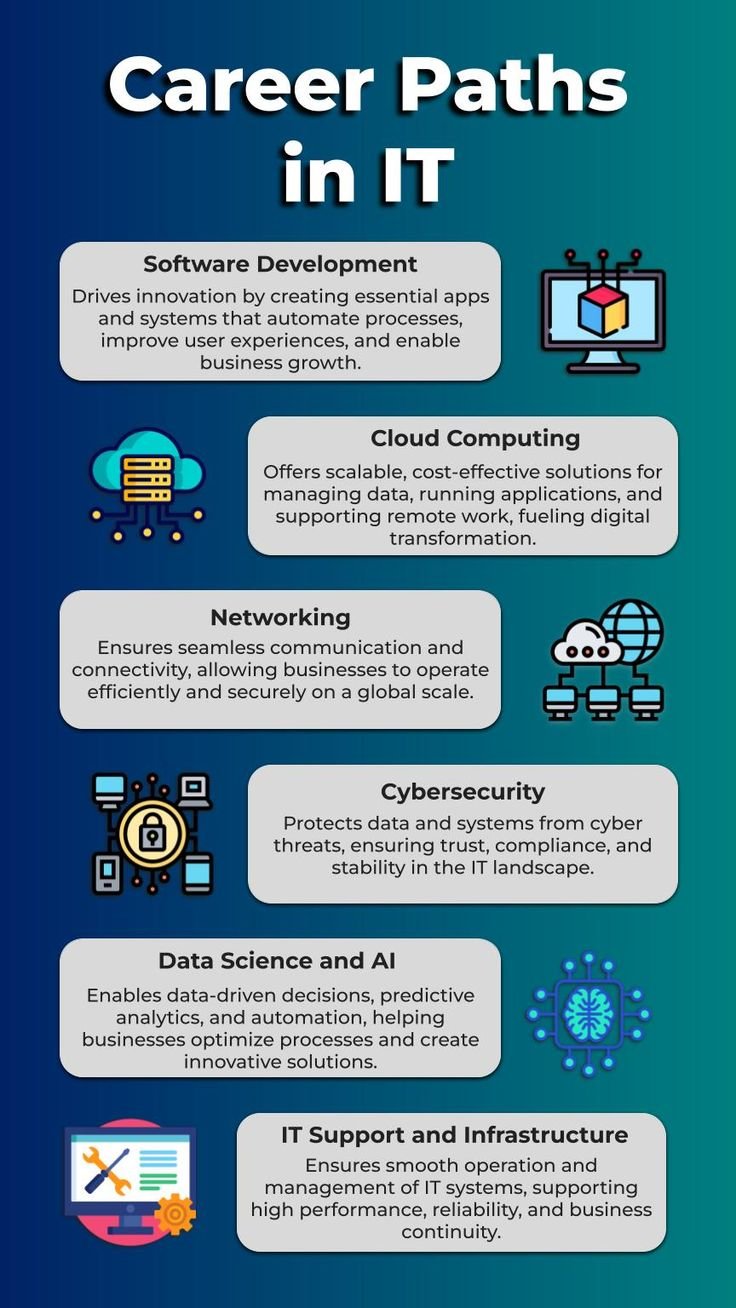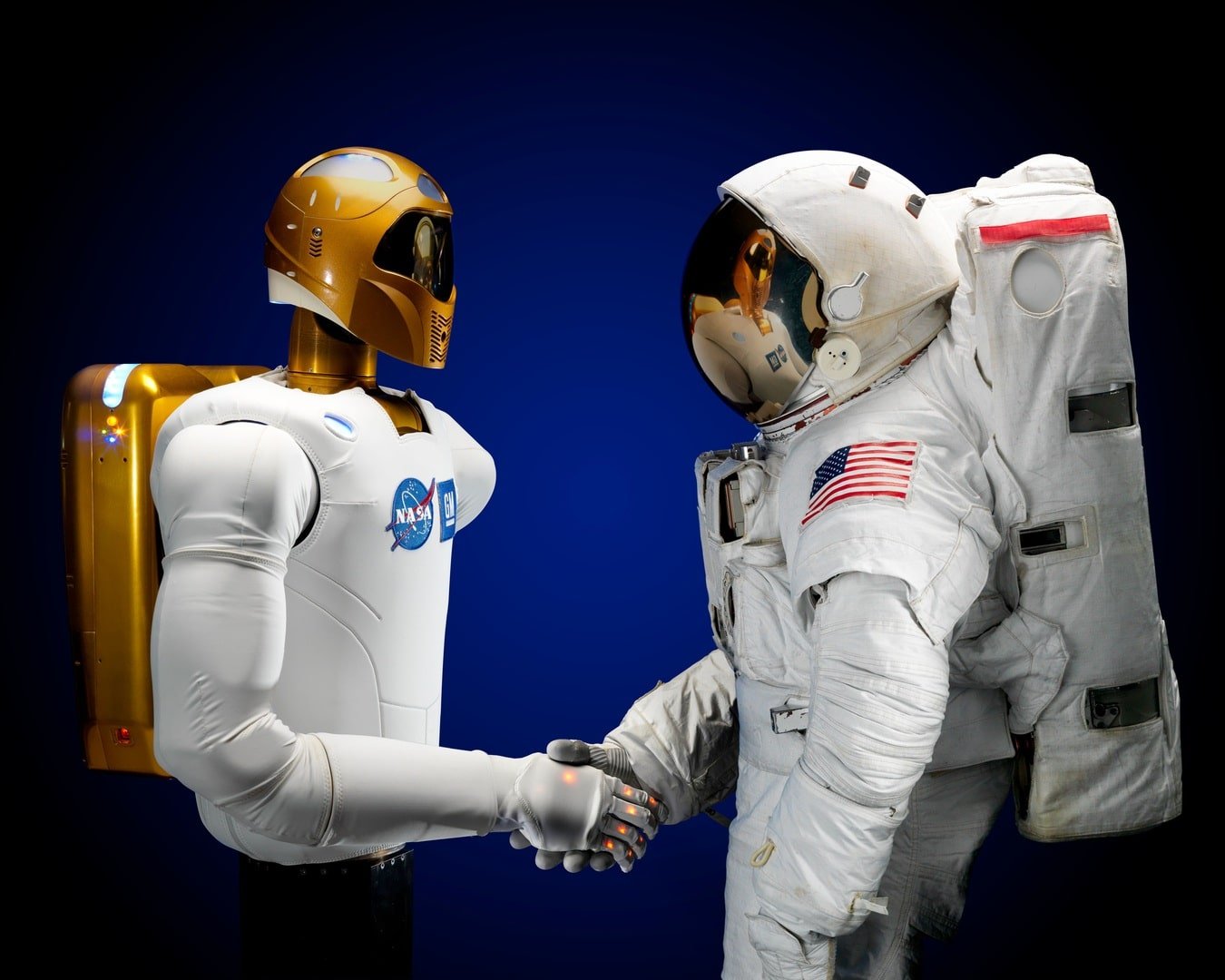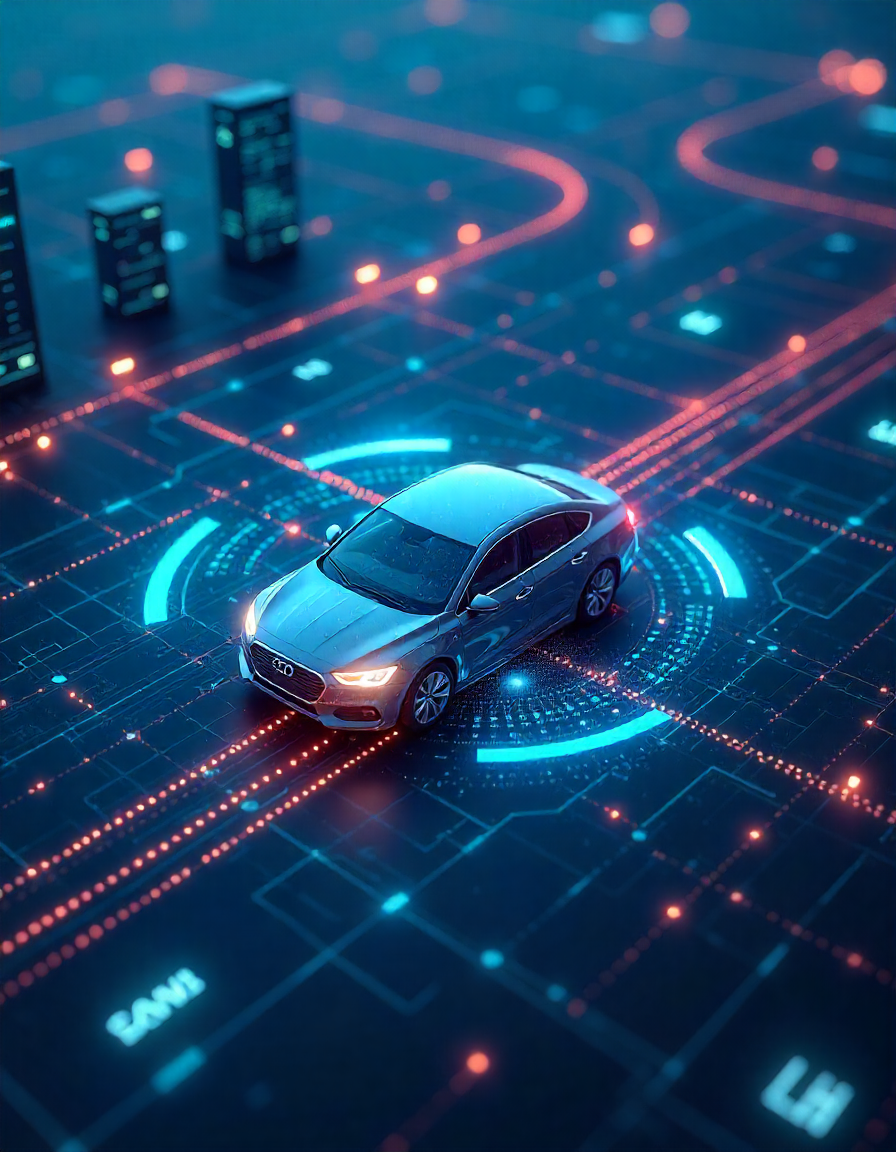The rapid evolution of technology is reshaping the way businesses operate. As we enter 2025, emerging technologies are unlocking new opportunities for innovation, efficiency, and growth. From artificial intelligence to blockchain and beyond, businesses that adopt these technologies will have a competitive edge in an increasingly dynamic market. In this article, we’ll explore the top emerging technologies that will revolutionize your business in 2025 and how you can leverage them to drive success.
1. Artificial Intelligence (AI) and Machine Learning
AI and machine learning (ML) continue to be at the forefront of business innovation. In 2025, these technologies will be even more integrated into business operations, from customer service to predictive analytics and automation.
- Key Developments: AI-powered tools will automate routine tasks such as data entry, customer support (via chatbots), and content generation. Machine learning algorithms will enable businesses to analyze vast datasets to predict customer behavior, optimize marketing campaigns, and improve product recommendations.
- Why It Matters: AI and ML help businesses make data-driven decisions, reduce human error, and enhance customer experiences. By integrating these technologies into your business processes, you can improve efficiency, reduce costs, and stay ahead of competitors.
2. Blockchain Technology
Blockchain technology, known for its role in cryptocurrencies, is set to transform industries beyond finance. In 2025, businesses will leverage blockchain to enhance transparency, security, and efficiency in areas such as supply chain management, data protection, and financial transactions.
- Key Developments: Blockchain’s decentralized nature makes it ideal for creating secure, immutable records of transactions. In 2025, businesses will use blockchain for everything from verifying product authenticity to streamlining cross-border payments and managing intellectual property.
- Why It Matters: Blockchain ensures data integrity, reduces fraud, and enhances operational transparency. By adopting blockchain, businesses can build trust with customers and partners while improving the security of their transactions.
3. Quantum Computing
Quantum computing, still in its early stages, is on the verge of becoming a game-changer in 2025. Quantum computers have the potential to process vast amounts of data much faster than traditional computers, enabling breakthroughs in fields such as cryptography, artificial intelligence, and complex system simulations.
- Key Developments: Leading tech companies, including IBM and Google, are advancing quantum computing technologies. By 2025, quantum computing could help businesses solve problems that were previously too complex for classical computers, such as optimizing logistics or discovering new drugs.
- Why It Matters: Quantum computing can revolutionize industries by enabling faster, more accurate solutions to complex challenges. As this technology matures, businesses that harness its power will gain significant competitive advantages in data analysis, security, and innovation.
4. 5G Connectivity
The rollout of 5G technology is expected to drastically improve internet speed, connectivity, and reliability. By 2025, 5G will enable new business applications and enhance existing ones, especially in industries that rely on real-time data and communication.
- Key Developments: 5G will provide faster download and upload speeds, lower latency, and improved network reliability, which will enhance mobile apps, video conferencing, IoT devices, and real-time customer interactions. This technology will also enable autonomous vehicles, smart cities, and remote healthcare services.
- Why It Matters: 5G will provide businesses with the bandwidth and speed needed to adopt cutting-edge technologies like augmented reality (AR) and virtual reality (VR). It will also enhance communication and data transfer, allowing for faster decision-making and improved customer service.
5. Internet of Things (IoT)
The Internet of Things (IoT) is expanding rapidly, with billions of connected devices being deployed across industries. In 2025, businesses will use IoT to enhance operational efficiency, monitor assets in real-time, and deliver personalized customer experiences.
- Key Developments: IoT devices are increasingly being integrated into supply chains, manufacturing processes, and consumer products. Businesses will use IoT to gather real-time data from connected devices to monitor product performance, improve inventory management, and automate processes.
- Why It Matters: IoT enables businesses to make real-time, data-driven decisions that improve operational efficiency, reduce waste, and enhance customer satisfaction. By leveraging IoT, businesses can optimize their workflows and deliver better services to customers.
6. Augmented Reality (AR) and Virtual Reality (VR)
Augmented Reality (AR) and Virtual Reality (VR) are becoming more accessible and practical for business use. By 2025, these technologies will be widely adopted in industries such as retail, healthcare, education, and real estate.
- Key Developments: AR will allow businesses to provide interactive shopping experiences, such as virtual try-ons and 3D product visualizations. VR will be used for immersive training, remote collaboration, and virtual product demonstrations. Both technologies will also enhance entertainment and gaming experiences.
- Why It Matters: AR and VR provide innovative ways to engage customers and employees. These technologies offer immersive experiences that drive higher engagement, increase brand loyalty, and improve training outcomes, making them essential tools for businesses looking to stand out in a competitive market.
7. Robotic Process Automation (RPA)
Robotic Process Automation (RPA) is transforming business processes by automating repetitive tasks, reducing operational costs, and improving accuracy. In 2025, RPA will be more widely adopted across industries to enhance efficiency and free up employees for more strategic work.
- Key Developments: RPA tools are capable of automating tasks such as data entry, customer service interactions, and invoice processing. By integrating RPA with AI and machine learning, businesses can further optimize processes and automate complex workflows.
- Why It Matters: RPA increases operational efficiency, reduces human error, and cuts costs by automating routine tasks. By incorporating RPA into your business, you can streamline processes, boost productivity, and improve customer service.
8. Cybersecurity and Privacy Enhancements
As businesses increasingly rely on digital technologies, cybersecurity becomes more critical than ever. In 2025, businesses will adopt advanced cybersecurity measures and privacy-enhancing technologies to protect sensitive data and mitigate the risk of cyberattacks.
- Key Developments: Innovations such as AI-driven threat detection, biometric authentication, and zero-trust security models will strengthen defenses against cyber threats. Additionally, businesses will integrate blockchain and encryption technologies to enhance data security and privacy.
- Why It Matters: A robust cybersecurity strategy is essential for protecting business operations and maintaining customer trust. As data breaches and cyberattacks become more sophisticated, businesses that prioritize cybersecurity will safeguard their assets and avoid costly disruptions.
9. Sustainable Technologies
As sustainability becomes a key concern for both businesses and consumers, sustainable technologies are rapidly gaining traction. In 2025, businesses will adopt green innovations to reduce their environmental footprint, meet regulatory requirements, and appeal to eco-conscious customers.
- Key Developments: Clean energy solutions, such as solar and wind power, are becoming more affordable and accessible. Additionally, businesses are implementing technologies that reduce waste, such as sustainable packaging, energy-efficient products, and carbon capture technologies.
- Why It Matters: Sustainable technologies not only help protect the environment but also reduce operational costs in the long term. Businesses that embrace green technologies will attract eco-conscious consumers, improve their reputation, and comply with increasingly stringent environmental regulations.
10. Human Augmentation Technologies
Human augmentation is revolutionizing industries like healthcare, manufacturing, and consumer electronics. By 2025, wearable devices, exoskeletons, and AI-driven health technologies will enable individuals to perform tasks more efficiently and improve quality of life.
- Key Developments: Wearables like smartwatches and health monitors are evolving to provide real-time health data, improving patient outcomes and employee productivity. In manufacturing, exoskeletons are helping workers lift heavy objects more safely and efficiently.
- Why It Matters: Human augmentation technologies enhance the capabilities of individuals, improve productivity, and reduce workplace injuries. Businesses that adopt these technologies will benefit from a healthier, more efficient workforce, improving overall performance.
Conclusion
Emerging technologies are set to transform business operations, driving innovation, improving efficiency, and opening new revenue streams. From AI and blockchain to IoT and human augmentation, these technologies offer immense potential for businesses to enhance their processes and create innovative solutions. In 2025, businesses that embrace these emerging technologies will gain a competitive advantage, improve customer satisfaction, and position themselves for long-term growth. By staying ahead of these trends, companies can navigate the complexities of the digital age and succeed in an ever-changing market.






